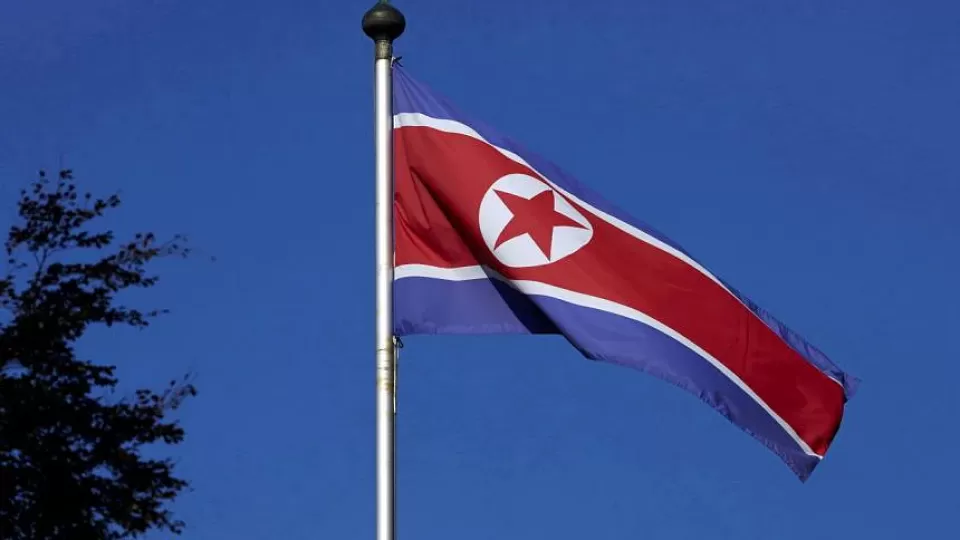August 19, 2022
SEOUL – Regarding President Yoon Suk-yeol’s “Audacious Initiative,” the presidential office said that the administration would seek to give economic aid even in the early stages of negotiations if North Korea engages in nuclear talks with sincerity.
The office also said that if needed, the administration would consult the international community to exempt North Korea partially from UN sanctions.
This implies that sanctions may be eased if the North engages in nuclear talks, even without taking any concrete action.
When it comes to negotiating with North Korea, South Korea and the international community made it a rule to respond to actions taken by the North with corresponding measures. The initiative does not follow this rule.
One of the problematic parts of the initiative is that the South will implement the “Resources-Food Exchange Program” even when negotiations are underway.
The program calls for South Korea and the international community to take mineral resources from North Korea in exchange for giving it food and daily necessities.
Currently, North Korea is banned from exporting its mineral resources. This is one of the key points of several UN sanctions.
The program cannot be carried out unless sanctions are eased first.
North Korea has a history of pretending to have a dialogue in order to avoid sanctions or to get them lifted or eased.
During the US-North Korea summit that derailed in Hanoi, Vietnam, in 2019, North Korean leader Kim Jong-un demanded the lifting of five UN sanctions in return for dismantling nuclear facilities in Yongbyon, North Korea.
Pyongyang has been desperate for the lifting of sanctions. Yoon’s initiative may be a strong incentive to induce the North into engaging in talks and even promising to denuclearize. But as it showed to the previous administration, there is no guarantee it will keep its promise.
Pyongyang often used dialogue to buy time for developing its nuclear weapons and ballistic missiles.
Even as it held intermittent nuclear talks, it conducted six nuclear weapons tests in a bid to make warheads smaller and lighter. It is reportedly ready for the seventh. It has continued to upgrade the ballistic missiles that carry the warheads.
It is unclear if the Yoon administration is willing to try to have sanctions eased if North Korea sits at the negotiation table without a serious commitment to dismantle its nuclear program.
Even if the North violates existing sanctions down the road, it seems almost impossible for the UN Security Council to impose new sanctions. When North Korea launched three ballistic missiles in May, China and Russia vetoed a US-drafted resolution to impose more UN sanctions on North Korea for the missile launches.
Furthermore, relations between the US and China and between the US and Russia are getting more confrontational. If the Yoon administration is deceived by North Korea’s pretense and works hard to make an exception in sanctions, its nuclear disarmament will be more distant. Sanctions, once eased, are hard to revive.
The previous administration under President Moon Jae-in tried harder than any other government to appease North Korea. Even the former director of the National Intelligence Service who served that government said that he does not think Kim will give up his country’s nuclear weapons. Kim believes that nuclear weapons protect his power.
He will likely give up nuclear weapons as a last resort when holding them would mean that he and his country will go bust.
Sanctions are the only realistic way to pressure an uncooperative North Korea to move toward scrapping its nuclear arsenal.
A rash easing of sanctions should be the last thing considered. The Yoon administration must not be impatient.
Even as the administration pushes the initiative, key parts of sanctions must be kept intact until North Korea denuclearizes its weapons completely and irreversibly.
Until that day, South Korea must build and maintain its nuclear deterrence.


